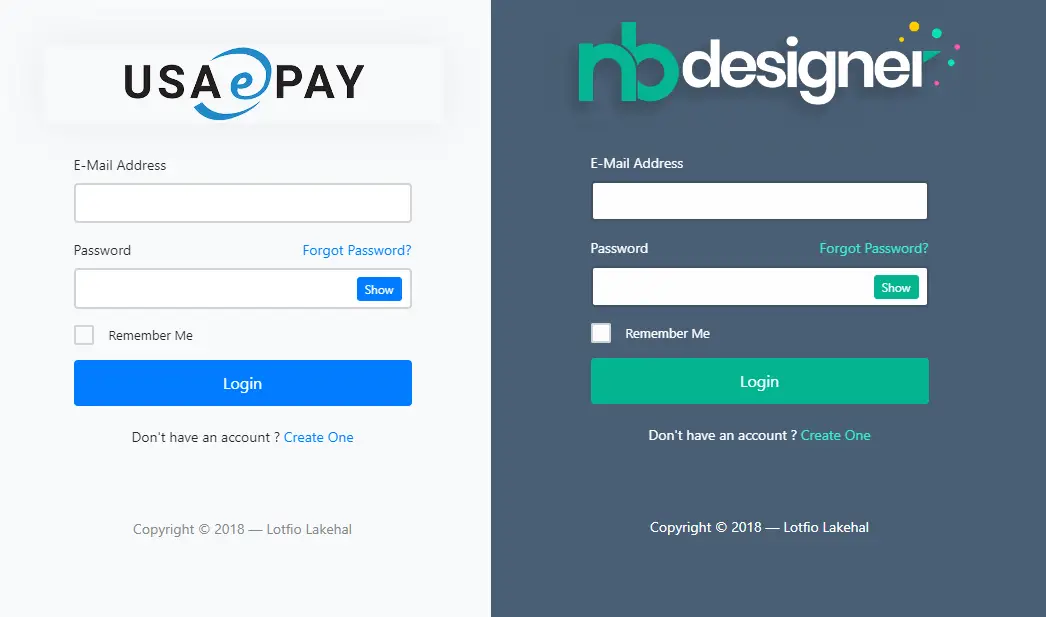Handling Exceptions in .NET Core API with Middleware
By Tan Lee Published on Jan 14, 2025 571
In .NET Core, we’re becoming accustomed to the idea that nothing is provided out of the box. With the flexibility of complete choice, every feature must be implemented by the developer.
It's important to note that you can still catch exceptions in your endpoint using a try...catch block.
namespace MyApp.Controllers
{
[ApiController]
[Route("/api")]
[Produces("application/json")]
public class ProductController : ControllerBase
{
[HttpPost()]
public IActionResult AddProduct([FromBody] ProductModel product)
{
try
{
// Your logic to add the product
}
catch (Exception ex)
{
return base.BadRequest(new ProblemDetails() { Title = ex.Message, Detail = ex.ToString() });
}
}
}
}But what if the exception occurs outside of this part of the controller? For example, what if it happens in a System.Text.Json.Serialization.JsonConverter before your endpoint is called? The exception will still be thrown, but there’s no default handler, so it won’t be logged or sent to your Application Insights instance.
To handle such scenarios, you should implement middleware. Middleware processes requests and responses, and is commonly used for handling exceptions.
Creating a Custom Middleware to Handle Exceptions
This middleware will catch errors and return the exception as a JSON response. You'll need to add your own logging or Application Insights integration to record the details in your log.
For example, how to implement a middleware that will catch exceptions and return a JSON response with the error details:
using Microsoft.AspNetCore.Diagnostics;
using Microsoft.AspNetCore.Http;
using Microsoft.AspNetCore.Mvc;
using System;
using System.Collections.Generic;
using System.Net;
using System.Security.Authentication;
using System.Threading.Tasks;
using Newtonsoft.Json;
namespace AppCode
{
public class JsonExceptionMiddleware
{
private static readonly Dictionary<Type, HttpStatusCode> _exceptionStatusCodes = new Dictionary<Type, HttpStatusCode>
{
{ typeof(ValidationException), HttpStatusCode.BadRequest },
{ typeof(FormatException), HttpStatusCode.BadRequest },
{ typeof(AuthenticationException), HttpStatusCode.Forbidden },
{ typeof(NotImplementedException), HttpStatusCode.NotImplemented }
};
public async Task Invoke(HttpContext context)
{
var contextFeature = context.Features.Get<IExceptionHandlerFeature>();
if (contextFeature?.Error != null)
{
// Log the error (you can integrate with your logging or Application Insights here)
var exception = contextFeature.Error;
var statusCode = GetErrorCode(exception);
context.Response.StatusCode = (int)statusCode;
context.Response.ContentType = "application/json";
var problemDetails = new ProblemDetails
{
Status = context.Response.StatusCode,
Title = exception.Message,
Detail = exception.ToString()
};
await context.Response.WriteAsync(JsonConvert.SerializeObject(problemDetails));
}
}
private static HttpStatusCode GetErrorCode(Exception e)
{
return _exceptionStatusCodes.TryGetValue(e.GetType(), out var statusCode)
? statusCode
: HttpStatusCode.InternalServerError;
}
}
}Adding the Middleware to the Request Pipeline
To make use of this custom middleware, you need to add it to your application's request pipeline. You can do this in the Configure method of your Startup.cs file. The UseExceptionHandler method allows you to specify the middleware that will handle exceptions.
public void Configure(IApplicationBuilder app)
{
// Other middleware configurations
// Add the custom exception handling middleware
app.UseExceptionHandler(new ExceptionHandlerOptions
{
ExceptionHandler = new JsonExceptionMiddleware().Invoke
});
}With this middleware in place, any unhandled exceptions occurring in your application will be caught, and a JSON response will be returned to the client with the error details. The status code of the response will vary depending on the type of exception that occurred.
Implementing exception handling with middleware in .NET Core allows you to centralize and standardize error responses for your API. By creating a custom JsonExceptionMiddleware, you ensure that any exceptions occurring during the request processing are caught, logged, and returned in a consistent format.
- Implement security headers for an ASP.NET Core
- How to add security headers to an ASP.NET Core Application
- How to Initialize TagHelpers in ASP.NET Core with Shared Data
- Boost Your ASP.NET Core Website Performance with .NET Profiler
- The name 'Session' does not exist in the current context
- Implementing Two-Factor Authentication with Google Authenticator in ASP.NET Core
- How to securely reverse-proxy ASP.NET Core
- How to Retrieve Client IP in ASP.NET Core Behind a Reverse Proxy





